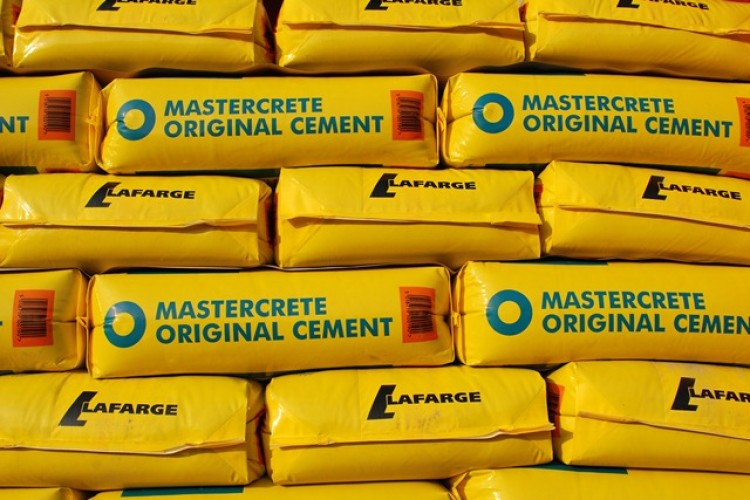It is threatening to force major producers to sell cement plants and looking at setting up a cement buying group.
The CC said that it had found that “both structure and conduct in the sector limit competition by aiding coordination between certain UK producers”. This is costing consumers £45m a year or more, it reckons.
An investigation into the supply of aggregates, cement and ready mix concrete (RMX) in Great Britain has provisionally concluded that coordination between the three major cement producers – Lafarge Tarmac, Cemex and Hanson – is likely to be resulting in higher prices for all cement users. A fourth major producer, Hope Construction Materials (HCM), has since been created, as a spin-off from the Lafarge Tarmac merger.
The CC makes no accusations of explicit collusion between the producers, as such, but because there are so few producers that are so dominant, they “have an unusually high level of understanding of each other's businesses”. In the view of the CC, “this has created conditions that allow them to coordinate their behaviour, thereby softening competition and resulting in higher prices for consumers”.
The CC is now considering several measures to increase competition in the cement market, including requiring the major producers to divest cement plants (and RMX operations as part of the remedy to coordination in cement); the creation of a cement buying group; prohibiting generalised price announcement letters to customers; and restrictions on making available other information which can aid coordination.
The CC has not identified any problems with the markets for aggregates or readymix concrete.
Professor Martin Cave, CC deputy chairman of the commission and chairman of the inquiry group, said: “We have provisionally found some serious problems with the way the cement market operates in GB. In a highly concentrated market where the product doesn't vary, the established producers know too much about each other's businesses and have concentrated on retaining their respective market shares rather than competing to the full. Strikingly, despite low demand for cement over recent years, prices and profitability for the GB producers have still increased.

“There are only four cement producers in the UK and one of those is a new entrant to the market. This concentration-and the close links between the producers at many levels-along with industry practice, has for a long time given GB producers detailed awareness of how their counterparts are performing, as well as of their future pricing strategy.
“Established information channels such as price announcement letters can signal their plans, and tit-for-tat behaviour and cross-sales can be used to prevent or retaliate against any moves to disturb the overall balance between the different players in this market. They have also been in a position to increase the already significant barriers that exist for new entrants.
“Our finding does not mean they are explicitly colluding or operating a cartel because there are already several ways of communicating each other's intentions without the need for specific discussions.
“Given the extent of the problems we have found, we feel that hard-hitting measures may be necessary to open up the cement market to greater competition by transforming existing structures and behaviour. The fundamental importance of this product to construction and building and the amount of such work that is funded by the public purse only underlines the need for these actions. Our initial assessment is that these problems could have cost GB consumers around £180m over the period 2007 to 2011, and we also believe this could be an underestimate.”
Measures being considered are:
- divestiture of cement production capacity by one or more of the Top 3 cement producers;
- divestiture of readymix (RMX) plants by one or more of the Top 3 cement producers;
- the creation of a cement buying group or groups;
- prohibition on GB cement producers sending generalised cement price announcement letters to their customers;
- restrictions on the disclosure of cement market data by the UK Government and by GB cement producers to private sector organisations;
- recommendations to the UK Government/European Commission on the publication of GB cement producers' verified emissions data under the EU Emissions Trading Scheme; and
- structural measures to address the AEC in relation to GGBS/GBS production in GB.
The CC is required to publish its final report by 17 January 2014 and will now invite responses. Any interested party is invited to respond to the provisional findings and notice of possible remedies by 12 June 2013.
To submit evidence, email aggregates@cc.gsi.gov.uk
Got a story? Email news@theconstructionindex.co.uk



